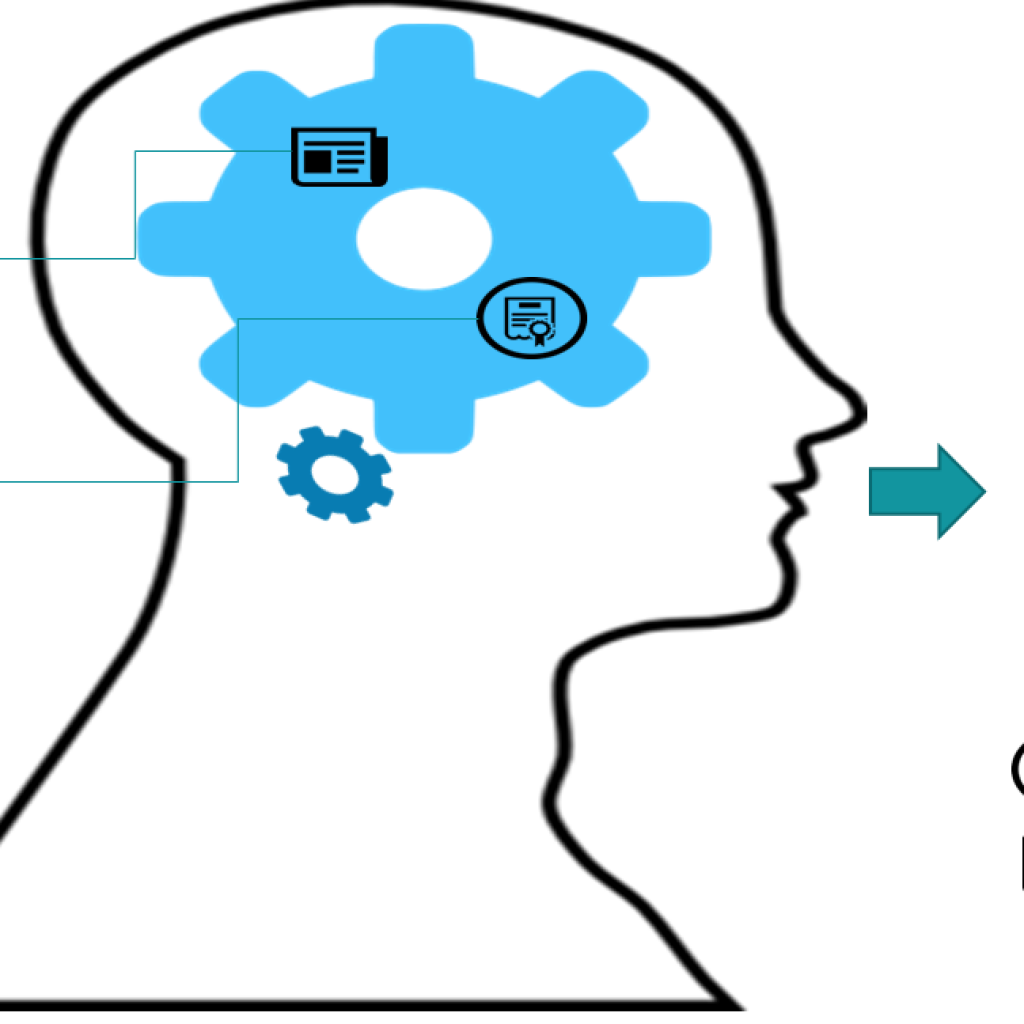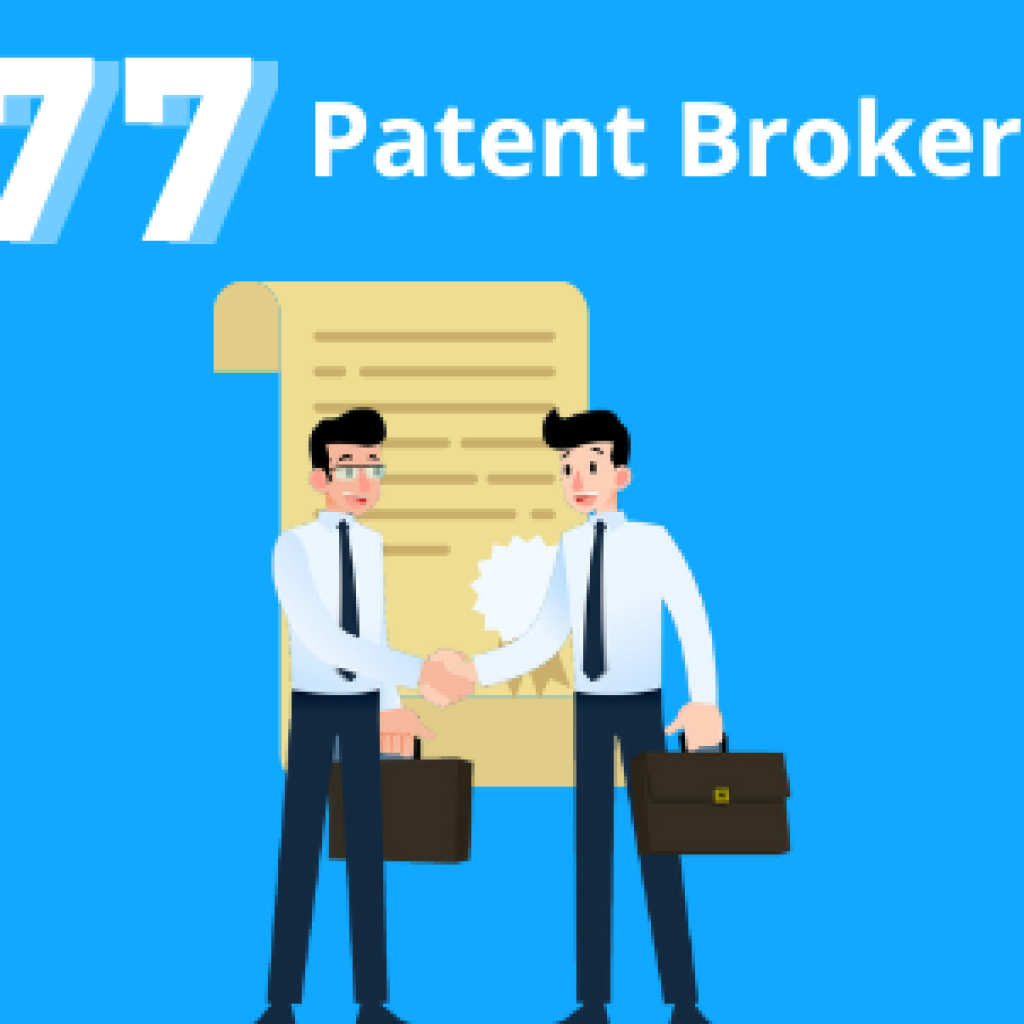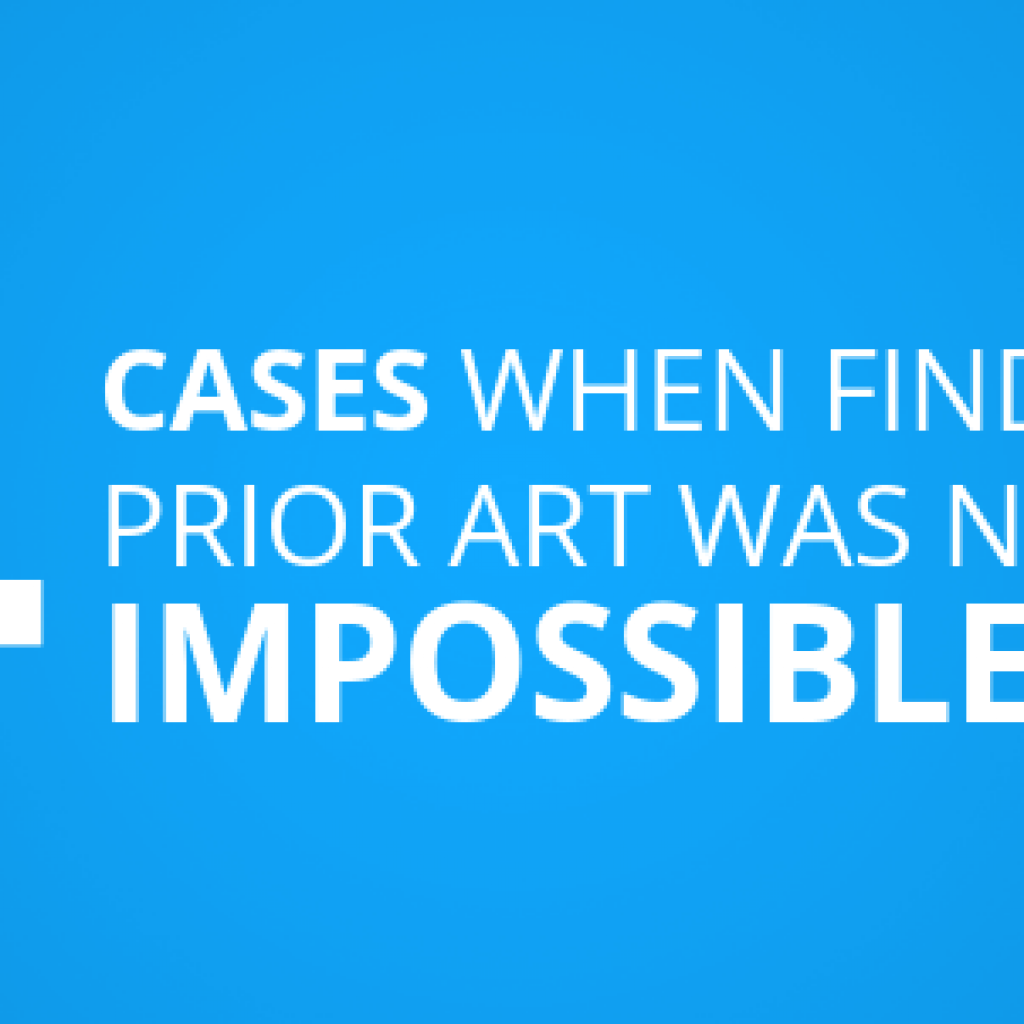Ironburg Inventions, known for its SCUF controllers, claimed that Valve’s Steam Controller infringed on its patents. Specifically, the patents in question were related to the back paddle design of controllers, a feature that SCUF Gaming has heavily marketed and patented.
However, it isn’t these details of the case that make it worth mentioning but the outcome.
The Ironburg v. Valve decision has pushed the “skilled searcher” concept into patent litigation, reshaping expectations and strategies for patent searches. This concept emphasizes the need for a blend of technical knowledge, analytical skills, and creativity in identifying relevant prior art so as to avoid (Inter Partes Review) IPR estoppel issues later. Understanding the skilled searcher’s role is crucial for law firms looking to effectively overcome the challenges attached to this new standard. Here’s a breakdown of what this means and how it affects future patent litigation and searches:
Understanding the “Skilled Searcher”
Pinning down a precise definition of the “skilled searcher” remains a work in progress as little is known about it from the past mentions of it in the cases. However, here is what the term implies from a patent invalidity search case point of view.
A skilled searcher possesses a combination of critical thinking skills and resourcefulness. This means he analyzes information logically, connecting the dots to uncover relevant details. Additionally, he demonstrates a deep understanding of the specific technological field within which he is searching.
Furthermore, skilled searchers shouldn’t limit themselves to standard search methods and readily available databases and keywords. They employ diverse search strategies, venturing beyond the typical approach to ensure a thorough and comprehensive investigation.
“The Skilled Searcher standard has long been a tool in the arsenal of litigating attorneys. However, the Ironburg v Valve case marks a significant turning point, emboldening them to wield it with newfound confidence and clarity. Much like how Artificial intelligence and Machine learning were always present, LLMs have revolutionized the landscape, enabling the practical exploitation of AI’s full potential.” – Vikas Jha, Patent Expert at GreyB.
Real-Life Cases to Better Understand The Skilled Searcher Term
A few court decisions offer valuable insights into the skilled searcher standard and its impact on IPR estoppel. Therefore, by studying them, the confusion around the term can be cleared.
The Clearlamp LLC v. LKQ Corp case offers a two-step approach to identify what a skilled searcher would have found:
- Identify the search string and search source that would identify the allegedly unavailable prior art and
- Present evidence, likely expert testimony, why such a criterion would be part of a skilled searcher’s diligent search.
Other past decisions like In re Lister emphasize the importance of well-chosen keywords, while Palomar Techs., Inc. v. MRSI Sys., LLC highlights considering the “logical next steps” in the search process.
Implications for Patent Stakeholders
The new “Skilled Searcher” standard significantly impacts everyone involved in patent matters. It emphasizes the importance of conducting thorough and well-documented searches from the very beginning to avoid IPR estoppel issues later on. Let’s understand how stakeholders should approach patent searches going forward.
Patent Challengers:
- Invest in upfront, comprehensive searches: Thorough searches with detailed documentation will be crucial. Remember, additional searches later on could be subject to estoppel.
- Be prepared for potential discovery issues: If this happens, one will have to be ready to disclose search methodologies, including keywords, sources, and thought processes.
Search Firms:
- Document everything: Each detail of the researcher’s methodology, from keywords and sources to time spent along with the thought process, will need documentation.
- Expect Increased Scrutiny: Anticipate expanded discovery requests as both parties seek evidence for estoppel arguments. Be prepared to defend your methodologies and potentially face challenges to claims of privilege regarding your search process.
Additional Implications for Search Firms:
- Develop standardized templates for documenting search methodologies to ensure consistency and comprehensiveness.
- Offer clients clear guidance on the level of documentation expected under the “skilled searcher” standard.
- Invest in training programs to equip search professionals with the latest best practices and legal considerations.
- Consider offering specialized services tailored to navigate the new estoppel landscape.
Law Firms:
- Sharpen your search expertise: Understanding search methodologies and the legal nuances surrounding the “skilled searcher” standard is crucial. However, successful navigation of this landscape requires careful attention to partner selection. Seek partners with technical or scientific backgrounds and a proven track record of staying up-to-date on evolving search techniques. This combination of expertise enhances your firm’s ability to guide clients and develop robust search strategies.
- Anticipate expert witness battles: Be ready to engage skilled search experts who can argue whether a hypothetical “skilled searcher” would have found the disputed prior art. Selecting partners with a strong grasp of search methodologies and legal precedent position your firm to build the strongest possible cases.
- Review stipulations: Rethink the language used in agreements to reflect the broader scope of IPR estoppel under the “skilled searcher” standard. Reach out to those patent invalidity search teams who possess a keen eye for detail and strategic thinking –– their input becomes even more valuable in identifying potential pitfalls and protecting your interests.
How can you navigate this new normal of the “Skilled Searcher” Standard for IPR Estoppel?
- Invest in Advanced Tools: Utilizing AI for its deep-diving capabilities into large data sets can uncover patterns and connections that might be missed manually.
- Continuous Learning: Keeping abreast with the latest search techniques and legal developments ensures your strategies remain effective.
- Collaborative Efforts: A synergistic approach involving attorneys, inventors, and search professionals can yield a more comprehensive understanding and coverage of the technological landscape.
- Documentation and Transparency: Documenting every step of the search process is now more critical than ever, providing a clear trail of the rationale and diligence behind searches.
The Road Ahead:
While the exact definition of a “skilled searcher” is still being shaped, the importance of finding the best searchers is growing. This means thorough and well-supported searches are even more critical now, potentially leading to discussions about the best search practices among experts.
Even though the courts are equipped to handle privilege issues, Ironburg’s spotlight on search competence may push these boundaries as parties seek evidence via expanded discovery. Ultimately, embracing transparency, collaboration, and continuous improvement in search practices is key for all stakeholders to navigate this new era and contribute to a stronger, more innovative patent ecosystem.
Talk to our experts to understand these implications and develop strategies for navigating the new patent search landscape.
Authored by: Gaurav Dhiman
Edited by: Annie Sharma











